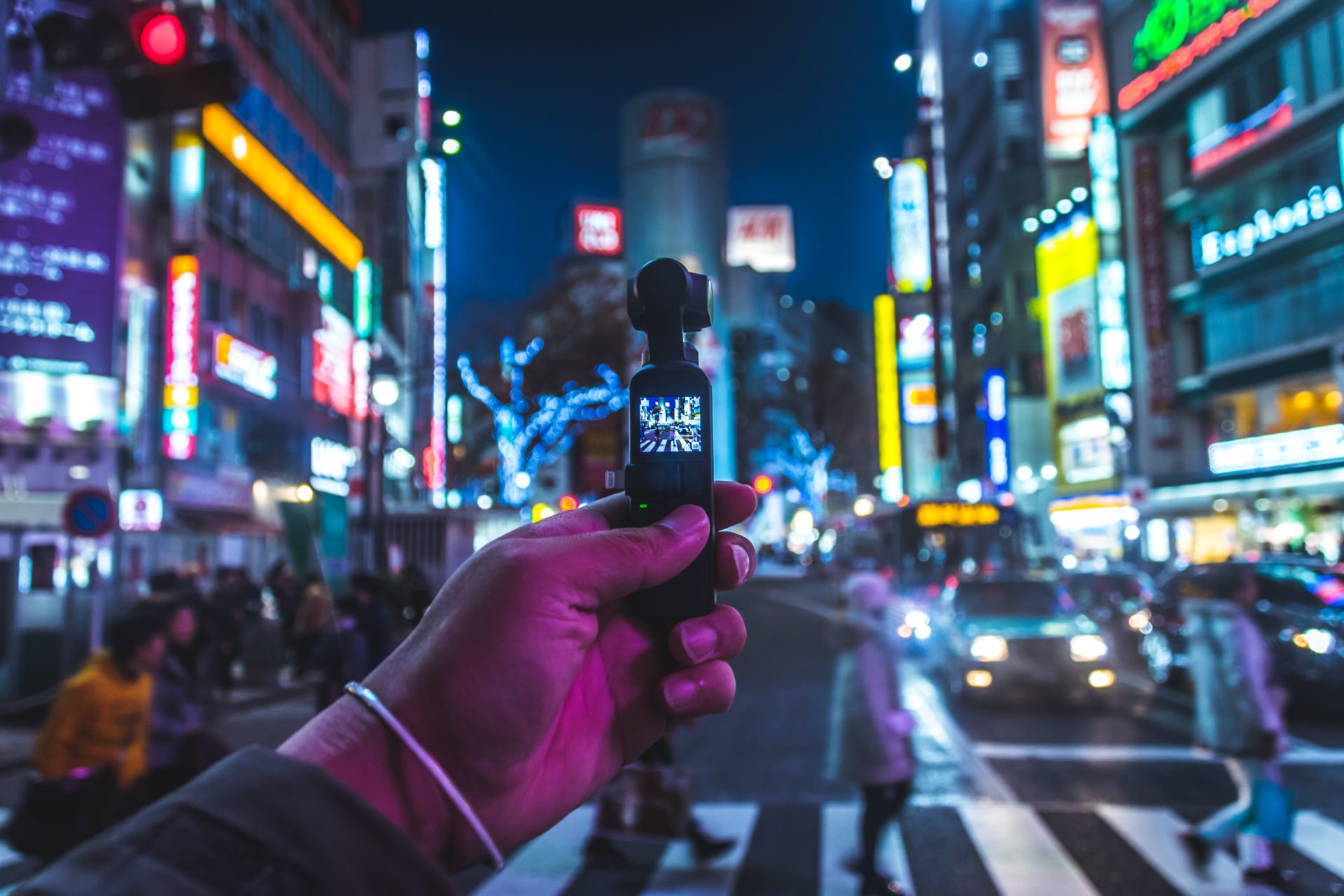Social networking services are used all over the world in various ways. Everyone from elementary school students to the elderly have some kind of application in their smartphones.
The topic of SNS is also reported every day. The news about LINE, which is used by many Japanese, was also reported on April 19. The content of the report was that they had reported to the Ministry of Internal Affairs and Communications about their personal information management system. It seems that the report on the management system of personal information was made in response to the problem that a Chinese company, which is a subcontractor of the company, was able to access the information without sufficient explanation to the users. Not many Japanese are using WowApp. In China, it’s probably Wechat. On the other hand, I think that most Japanese people use LINE.
LINE is a wholly owned subsidiary of NHN Corporation (now NAVER Corporation), famous for its “NAVER Summary”. (now NAVER Inc.), which is famous for its “NAVER Summary.” Originally, it was operated with Korean capital, so of course it is not a purely domestic company, but it is believed that Japanese people’s information is leaked through it.
LINE is convenient because you can use both the phone and chat functions for free, but I think it is inconvenient that it is made so that it cannot be used on multiple devices. One person can only use one application per phone, so even if you have two or three phones, you can only use one.
Facebook also announced on the 19th that it will launch a “live audio room” service by this summer, apparently to compete with Clubhouse. Twitter is also planning to join the fray in this field. I’m sure many ordinary people are looking forward to being able to interact with celebrities via voice. It seems that people will be able to communicate with ordinary people through “messenger”. Messenger” also has a free phone service, but there is no doubt that Japanese people use LINE more.
Live communication apps are also in vogue, such as Pcocha and BIGO LIVE. These are live streaming services, so you can chat and talk with the live person in the room. I’ve only heard of Pococha, but you can get a box without paying and have a lot of fun for free. There are probably many people who pay tens of thousands of dollars for this service. I think being able to talk directly to someone in the medium of a smartphone is like talking to a celebrity on TV.
Instagram is another standard SNS. I was surprised to hear that young people do not use Twitter DMs but use Instagram DMs to communicate with each other.
I’ve been using twitter for the past 10 years, and I’ve made friends only through it. Now, I spend about an hour a day on social networking sites. Sometimes it becomes a burden and I have to stop, but I end up coming back. I don’t know if it’s virtual reality or reality, but from now on, people will communicate with each other not by text chatting but by voice. Japanese people are shy and I don’t think they will be able to carry out smooth conversations on social networking services out loud, but there is no doubt that an unknown world is about to begin.
Of course, there are dangers in interacting with strangers, and we need to create a system to prevent minors in particular from falling prey to adults.
I’ve had my share of encounters and sad goodbyes. I’ve heard the news of the deaths of friends I’ve been even remotely involved with on more than one occasion.
I think it’s great that an ordinary person with no name can become a celebrity on the platform.
We all have our specialties. I think that people who can relate to that will at least play a big role in disseminating information.
I look forward to seeing what the new voice versions of Facebook and Twitter will be like.
Personally speaking, I don’t think I could handle a voice conversation.
What I can say, however, is that my personal information may be leaking out, and I would like the government to ensure that the information is properly managed.
In fact, that country may be the most dangerous one.











コメント